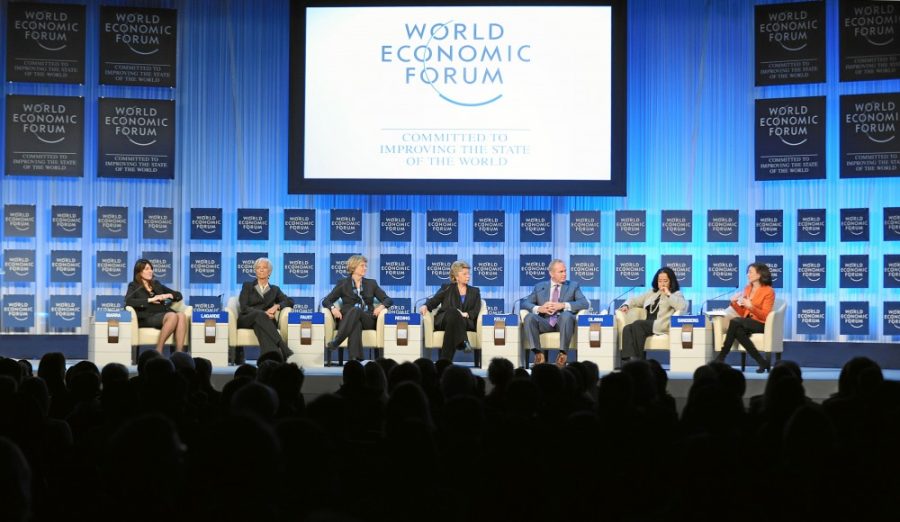What do you envision when you think about women in the Middle East? The common picture blasted all over the news is women wearing dark burqas and niqabs, unable to go outside without a male escort, unable to attend school or work, without freedom in any sense of the word.
As always, the real story is like an onion, with layers and layers waiting to be peeled. The truth is that while women do lack rights in certain places, feminism has a long history in the Middle East. There are many successful women from there, including the beauty vlogger and businesswoman Huda Kattan.
But I know what you’re thinking: “Islam oppresses women!” Well, it doesn’t. Islam ended female infanticide at the beginning of its time and not only called for respect of women, but demanded it.
One hadith in particular required special reverence toward mothers: “The grandfather Bahz b. Hakim said: ‘O Messenger of God, / whom should I treat with kindness?’ He replied, ‘Your mother, then / your mother, then your mother, then your father, and then your / relatives, according to their proximity to you … ’”
Women are given the upper hand in Islam. It is culture that dictates a woman’s standing in her respective society. From a western perspective. However, it is still hypocritical and difficult to call Middle Eastern women oppressed, when gender issues are relevant in our own country. Many rights granted in Islam, such as the right to divorce, were not even legal in many western countries until the 19th century. Muhammad’s first wife, Khadija, was his employer.
RELATED: Spotlight on the experience of international students in Tunisia
Leila Ahmed, an Egyptian-American scholar, has coined a term that explains this point perfectly: colonial feminism. Colonial feminism is the west’s use of gender oppression as a tool to further marginalize Islam and predominantly Muslim countries.
For example, I see pictures of “old Iran” all over my various social media feeds on the daily. These photographs are meant to be a nostalgic period of time in Iran. They almost always feature women venturing out into the streets, bare-headed and lipstick-wearing.
Many people don’t know that this was actually a small minority of women, and hijabi women had their scarves ripped off their heads. Oh, and there was a violent secret police that perpetuated violence against a terrified public.
But none of that means anything in our western narratives. If the United States disagrees with Saudi Arabia so much, why are we allies? Why is Saudi Arabia on the UN human rights panel?
The lives of Middle Eastern women are colorful and intricate. Just because a woman wears a hijab and dresses conservatively does not automatically mean she is oppressed. Women all over the Middle East continually break free of stereotypes and are never given media coverage.
According to Forbes, the aforementioned Iran boasts that over 70 percent of engineering students are women.
RELATED: OPINION: What do you think about when you hear ‘the Middle East?’
Calling Middle Eastern women oppressed denies them their own experiences. Although a small minority of people may practice deplorable acts, such as early marriages, the majority do not. It is not helpful or conducive to continually shove millions of voices and stories into one box that serves one agenda, when it could be all contradicted so easily.
Middle Eastern women do not walk around with blinders on; they are aware of the problems plaguing the region and are working to fix them. It is not up to us to speak for them or to take away their agency by funding oppressive governments or by bombing yet another country for no good reason.
Remember that the United States still suffers from lack of political representation for women, and the supposedly evil women-hating nation of Iran enjoyed a female vice president for eight years.
Constantly calling women oppressed does more harm than good, and it is hardly factual. Women in the Middle East are not docile creatures with no voice of their own. They will continue to prove our stereotyping wrong, whether we like it or not.
Anika Pasilis is studying Middle Eastern and North African Studies. Follow the Daily Wildcat on Twitter









